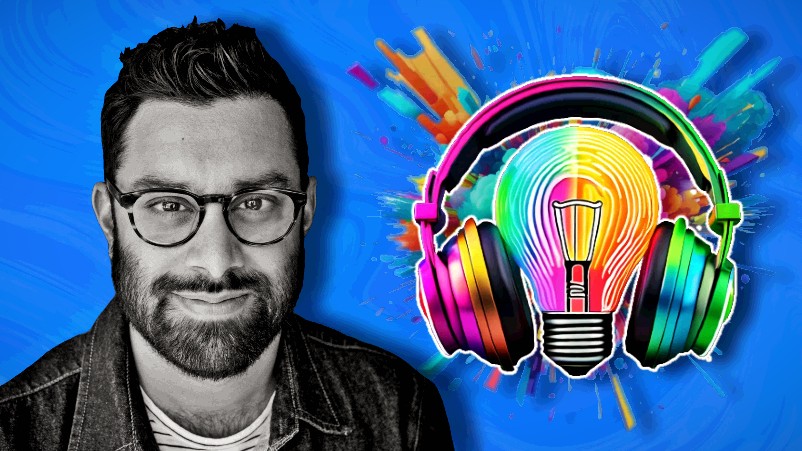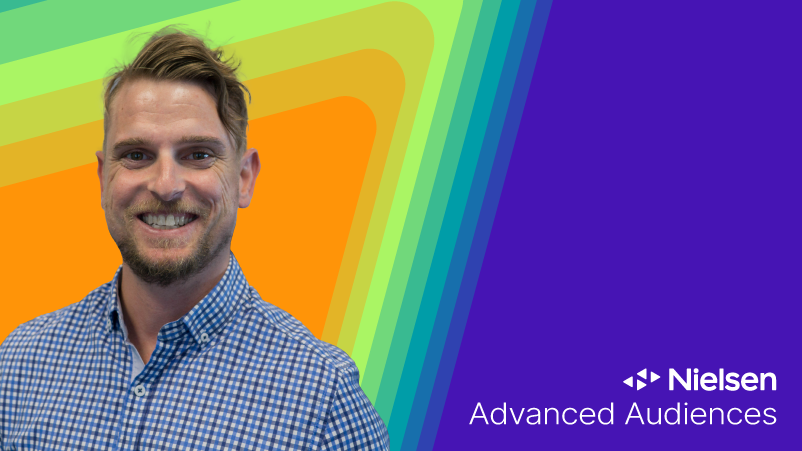Breaking the mental health stigma: From 'are you ok?' to 'I'm not'
More than half of people working in the media, marketing and creative industries have severe or extremely severe signs of depression and one in four have severe or extremely severe signs of anxiety. A standing-room-only presentation at Advertising Week APAC endeavoured to tackle the issue. It didn’t, and was never going to, deliver any new insights. But the fact it was part of the program – and had industry leaders talking publicly about mental illness – made it one of the week’s most important sessions.
Key points
- According to a new McCann study, Australians regard mental health as the #1 determinant of wellness; in 2015, the list was topped by physical health
- Over half of media, marketing and creative industry workers suffer from depression and anxiety, with 56 per cent showing severe or extremely severe signs of depression
- “We have to talk about [mental illness], really talk about it, rather than jump straight to problem solving. We need to extend the conversation from ‘Are you OK’ to ‘I’m not OK’” – Mitch Wallis, founder, Heart on My Sleeve
Among all the talk of big tech, not-so-big tech, adtech, martech, the ACCC’s digital platforms report and brand trust at last week’s Advertising Week APAC in Sydney, one session took a decidedly different tack.
In a mixed line-up of sessions across the week (well, three days to be precise), the Mental Health: The Industry's Big Issue panel discussion on Wednesday was a stand-out and important contribution.
The Think TV Stage room was packed with people keen to hear from PHD CEO Mark Coad, One Green Bean CEO Claire Salvetti, Tribal managing director Davy Rennie and Mitch Wallis, the founder of Heart On My Sleeve, an international not-for-profit campaign to eradicate the stigma attached to mental health issues.
While most of the panellists didn’t bring anything new to the debate about how to tackle one of the key health issues facing our industry – and Australia in general – the simple fact they were on such a panel and trying to grapple with such a big topic should be applauded.
Davy Rennie set the scene: “We live in a pressure cooker, this industry. In part, it’s the creative mindset. We learn to bare our souls… and that can lead to mental health issues. As an industry, we’re not set to deal with that. We need to start talking about it and normalising it.”
True, but Mark Coad highlighted one of the key hurdles in simply talking about mental health issues. “I’ve never dealt with this sort of thing and I’m very grateful for that,” he said. “Yes, we work in a stressful industry. But we are rewarded well for that. I can’t reconcile that.”
Coad wasn’t showing a lack of empathy for people with mental health issues. He was reflecting a position that is all too common: most people who don’t have mental health issues often struggle to fully appreciate the problem and how to start addressing it. That’s particularly true in the workplace.
The panellists spent some time discussing Mentally Healthy, a survey of the mental health of the media, marketing and creative industries conducted by UnLtd, Everymind and Never Not Creative late last year.
Covering more than 1,800 people, the research found that over half of people in those industries suffer from depression and anxiety, with 56 per cent showing severe or extremely severe signs of depression – compared with the national average of 36 per cent – and one in four showing severe or extremely severe signs of anxiety.
While the depression and anxiety levels were similar across all parts of the industry, the creative sector showed higher levels of depression with 61 per cent of creative industry showing symptoms of depression compared to 53 per cent in marketing and 46 per cent in media.
The Mentally Healthy report said stress was a key contributor that may impact on mental health, with 57 per cent of employees showing symptoms of stress and 18 per cent showing signs of severe or extremely severe stress. “In terms of what were considered the key work stressors, the pressure employees put on themselves, the pressure from others and having multiple responsibilities were perceived most stressful,” the report said.
In a separate presentation during Advertising Week APAC, McCann Worldgroup gave a sneak peek at the findings from the Australian part of its new report The Truth About Local Brands, a sequel to a report of the same name it released in 2015. One of the findings is that Australians regard mental health as the #1 determinant of wellness; in 2015, the list was topped by physical health.
McCann’s finding highlights the increased public discussion about mental health issues in recent years and the resultant breaking down of some of the stigmas associated with mental health. (Not that our politicians recognise that change: government funding of the mental health sector has been largely static over the past seven years, particularly at a federal level.)
Mitch Wallis delivered the most powerful and useful insights during the Mental Health: The Industry's Big Issue panel. A former senior executive at Microsoft here and in the US, Mitch has dealt with severe and debilitating mental illnesses for most of his life. As his website www.mitchwallis.com.au says, “in mid 2016, the band-aids fell apart, and so too did Mitch’s ability to cope. It all got too much, and he broke down to what he thought was a point of no return. He hit the ‘big red button’ and finally reached out and said ‘I need help’.”
After pointing out that mental health illness affects 50 per cent of people aged 19 to 45, Mitch gave the Advertising Week APAC audience some simple and compelling advice.
“There is nothing more powerful to someone’s healing than a relationship and feeling connected,” he said.
“We have to talk about [mental illness], really talk about it, rather than jump straight to problem solving. We need to extend the conversation from ‘Are you OK’ to ‘I’m not OK’. But we need to do that without breeding a culture of victims and making workplaces feel responsible for things they are not responsible for.”
Davy agreed: “We’re trying to empower our people to say ‘I’m not OK’ and ask for help, through our employee assistance program and other programs.” Later, Davy told the audience that “my anxiety and depression can be crippling… we all need to learn to talk about and bare our souls”.
Claire Salvetti spoke about “a colossal fuck-up at work” that left her drained, in tears and – later – diagnosed with acute anxiety. (Claire didn’t explain what was the fuck-up. That was understandable, but a shame, as the details would have been instructive and relatable for the audience.)
“I now have empathy for people who suffer from anxiety,” she said. “I now listen to what people are saying and what they are not saying.”
Mental health, of course, still carries a stigma: the Mentally Healthy research found that while 89 per cent of respondents were happy to work with someone who has been diagnosed with depression, only 29 per cent would tell a colleague if they had been diagnosed with depression.
The stigma of mental health came up repeatedly during Wednesday’s panel. There is, of course, no simple way to break – or even reduce – the stigma, but talking about mental illness at a forum such as Advertising Week APAC is a strong start.


